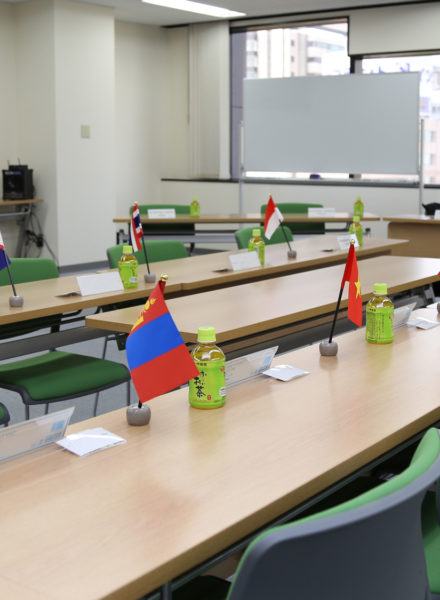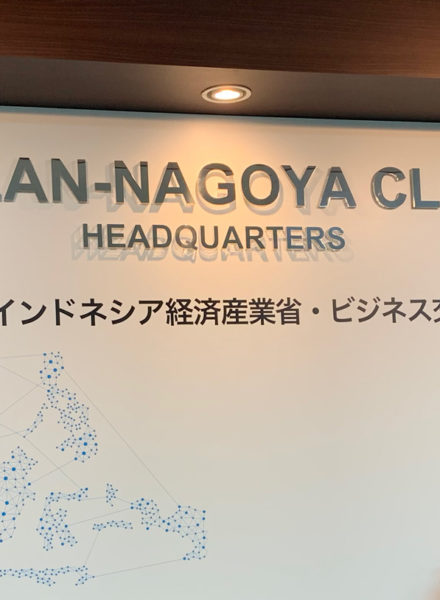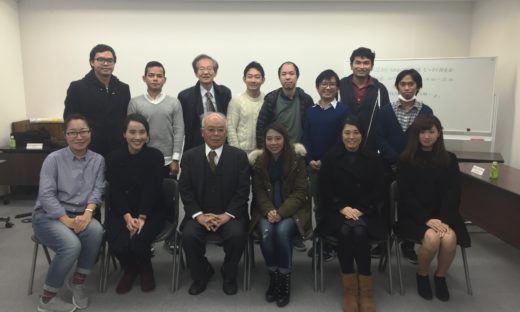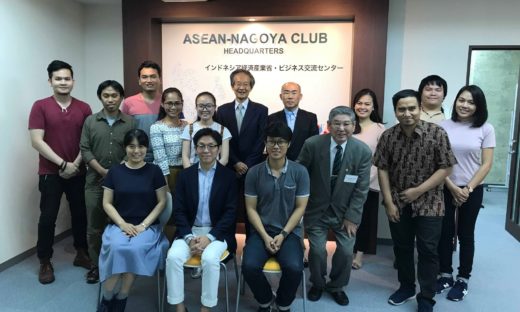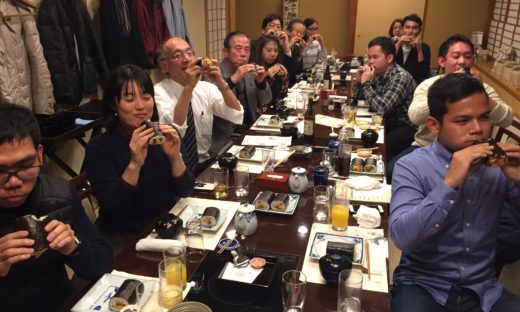第16回ビジネス研究会「新環境産業の今」The 16th Business Study Group “New Environmental Industry At This Moment”
今回は、「新・環境産業の今」をテーマとして、建設環境関連企業で日本有数の実績を誇る、株式会社マルコー商会・社長室長の堀倫治様にご講演をお願いしました。
戦後の高度経済成長時の大量生産・大量消費の文化におけるゴミや公害問題を反省として、環境産業が勃興。これからは、廃棄物を製品に変えていき、廃棄物が出てこない文化をつくるという前向きな時代に来ていることが述べられました。また、同社では、建設系廃棄物の100%リサイクルを目指して新リサイクルプラントを建設中であり、重さ、品目、密度、そして手作業による分別の方法について説明がされました。
堀様からは、実際に分類がなされたあとの建設系廃棄物のサンプルをご提示いただき、土壌改良材や燃料にかわっていくリサイクルの過程について教えていただきました。
留学生からは、「私たちの国では、燃えるゴミも燃えないゴミもすべて一緒にゴミ箱に入れている。分別すれば資源になることを学んだ」「まだまだ私たちの国では設備投資が難しいだろうが、将来は日本のようにしていきたい」などのコメントがあり、再資源化先進国に向けた堀様の想いについて共感を得ておりました。
講演会終了後には、経済学研究科で学ばれたクインさんが9月末に母国ベトナムに帰国されるとのことで、ご活躍を願い花束の贈呈を行いました。
At this time, we asked Mr. Rinji Hori, President’s Office Manager of Marco Shokai Co., Ltd. to give a lecture on the theme of “New Environmental Industry Now”. Marco Shokai Co., Ltd is one of Japan’s leading environment-related construction companies.
As a result of economic development and population growth, the contemporary world is faced with a global increase not only in the amount of waste, but also in the diversity of its quality. Improperly managed waste deteriorates the living environment as well as public health, sometimes causing serious health problems. Sustainable development requires properly dealing with waste issues.
The environmental industry has been rising as a result of waste and pollution problem, as the increasing of high economic growth, mass production, and mass consumption during the postwar period.
That is why recycling is so important because it prevents pollution, reduces the need to harvest new raw materials, saves energy, reduce greenhouse gas emissions, saves money, reduces the amount of waste that ends up in landfills, and allows products to be used to their fullest extent.
The company now is 100% recycling of construction waste. He explained the weight, items, density, and manual sorting method. Mr. Hori presented a sample of construction waste after it was actually classified, and taught us about the recycling process that replaces soil conditioners and fuels.
An international student said, “In our country, we put all burnable and non-burnable garbage together in the trash can. I learned that if we separate it, it becomes a resource.” “It is still difficult to make capital investment in our country. I would like to do something like Japan in the future, “he said, and he sympathized with Mr. Hori’s thoughts toward this issue to safe the country.
After the lecture, Mr. Quynh, who studied at the Graduate School of Economics, will return to her home country, Vietnam at the end of September, so she gave a brief of farewell speech.




